6 Easy Steps To Maximize Employee Engagement
Employee engagement has never been more important. In this age of uncertainty, whether that’s societal upheaval, volatile markets or the impact of rapidly evolving technology, it is vital to have your people on your side to help weather the storm. We all know that an engaged workforce is a motivated, productive workforce, but when it comes to day-to-day business decisions, many organizations prioritize actions that benefit the bottom line over employee engagement issues.
But employee engagement has a bigger impact on the bottom line than you might think. If employees aren’t engaged, they are less likely to fulfill their full potential, more likely to leave, and won’t perform like you need them to. This is damaging not just on an individual level, but at the team level – because low engagement has a domino effect, and can quickly become a destructive force across the entire organization.
say that engagement will become more important in the coming year. – “The State of Learner Experience, Engagement, and Solutions 2020”, HR Research Institute
What is Modern Employee Engagement ?
Put simply, “employee engagement” refers to the effective alignment of employees to their work roles. This means being physically, cognitively and emotionally engaged in their work. Modern employee engagement moves beyond the surface level of engagement we have come to expect from organizations, and instead strives to discover what really motivates people at work.
Traditionally, it was thought that engagement was purely about salary and money – i.e. increasing an employee’s salary would increase engagement. However, it is now widely understood that there are deeper drivers and motivators that factor into engagement. It’s no longer enough to offer free massages, table tennis or subsidized gym memberships. Instead, modern employee engagement means that we must tap into what really makes our people tick to help them remain happy and engaged at work.

What is a Learning Experience Platform ?
A learning experience platform (LXP) is a system supporting the behaviors of creation, curation and collaboration. The range of solutions within the LXP category differ significantly, from recommending personalized content in the flow of work to consumerization access to learning.
Critically, many LXPs try hard to distance themselves from the traditional LMS. Some vendors try to position the LXP as “the new LMS,” but there is no reason that one should replace the other. In fact, using an LMS in conjunction with an LXP gives organizations the best of both worlds, ensuring that the need for both formal and informal learning environments are satisfied.
We believe that there are six pillars of engagement. Each of these pillars represents a different way for you to uncover the hidden experts in your organization, facilitate informal learning and, ultimately, build better employee engagement.
Detailed information about the six pillars of engagement?
Things to consider when implementing them?
How to build a business case for an LXP?
What to do and what not to do?
Dive deep into our complete article and maximize your employee engagement.
Read more to learn more




